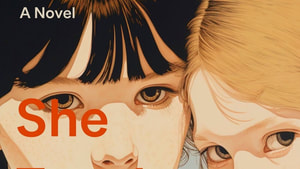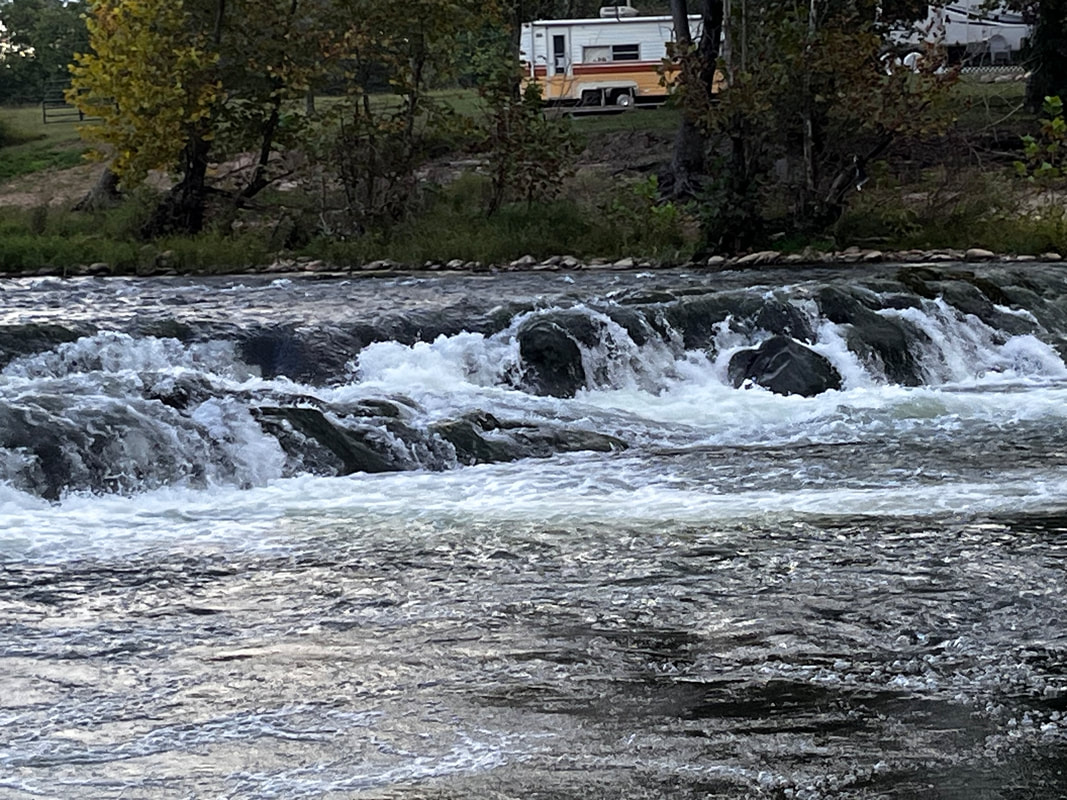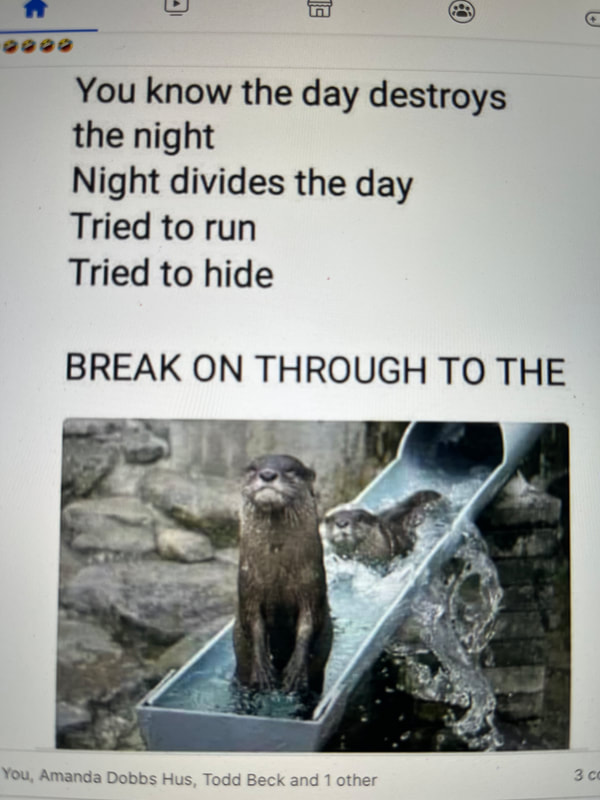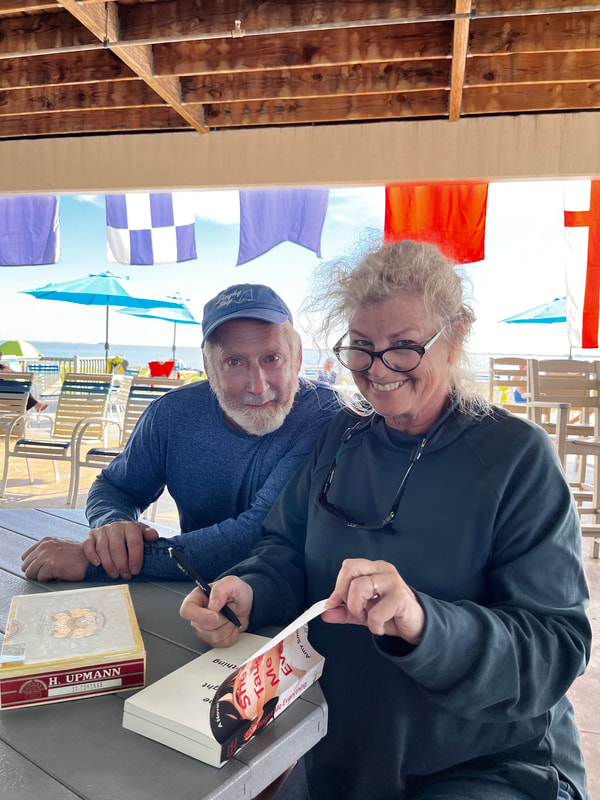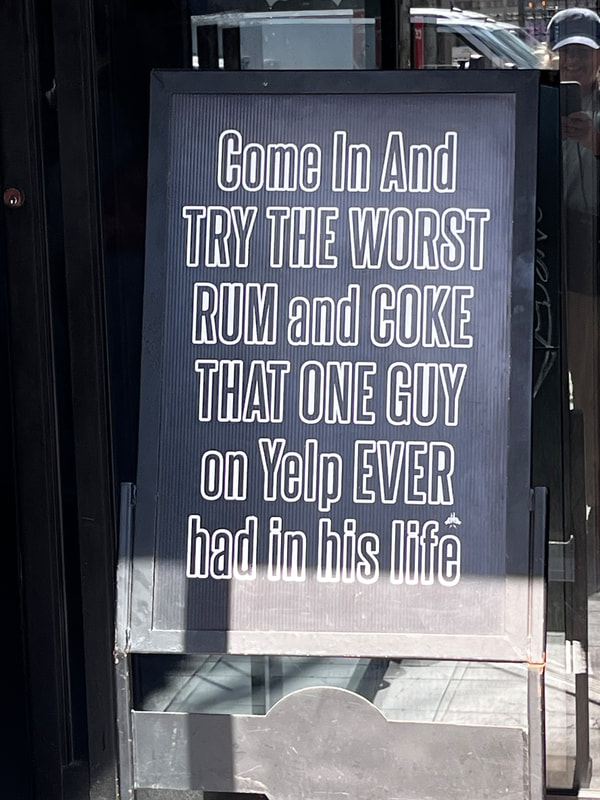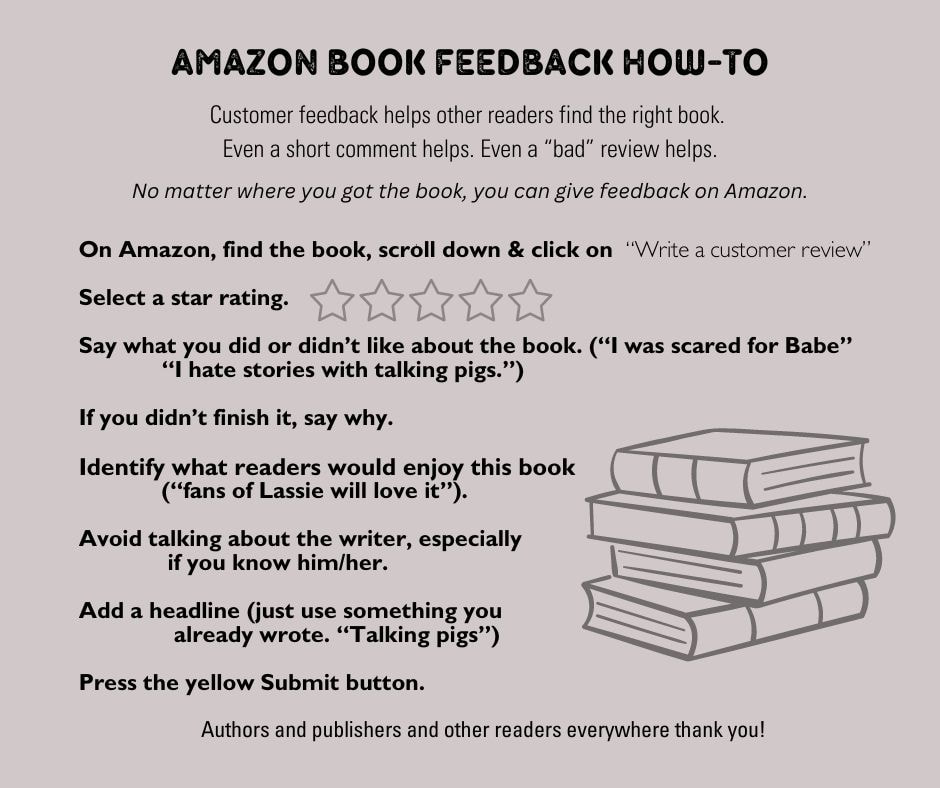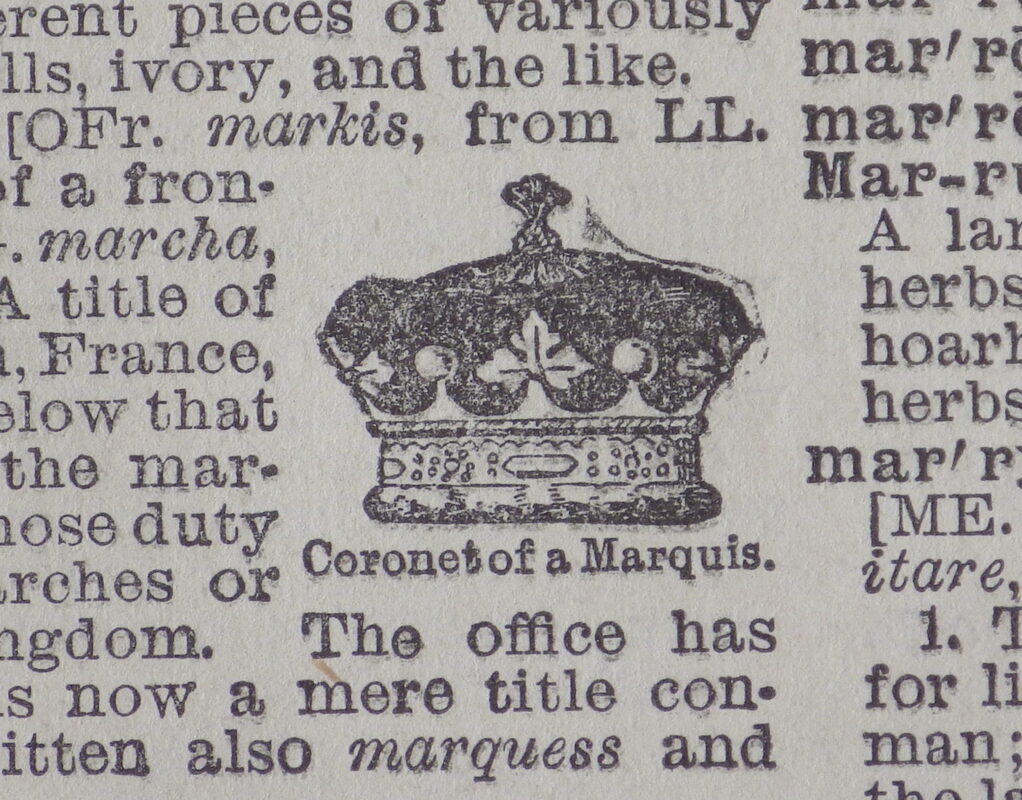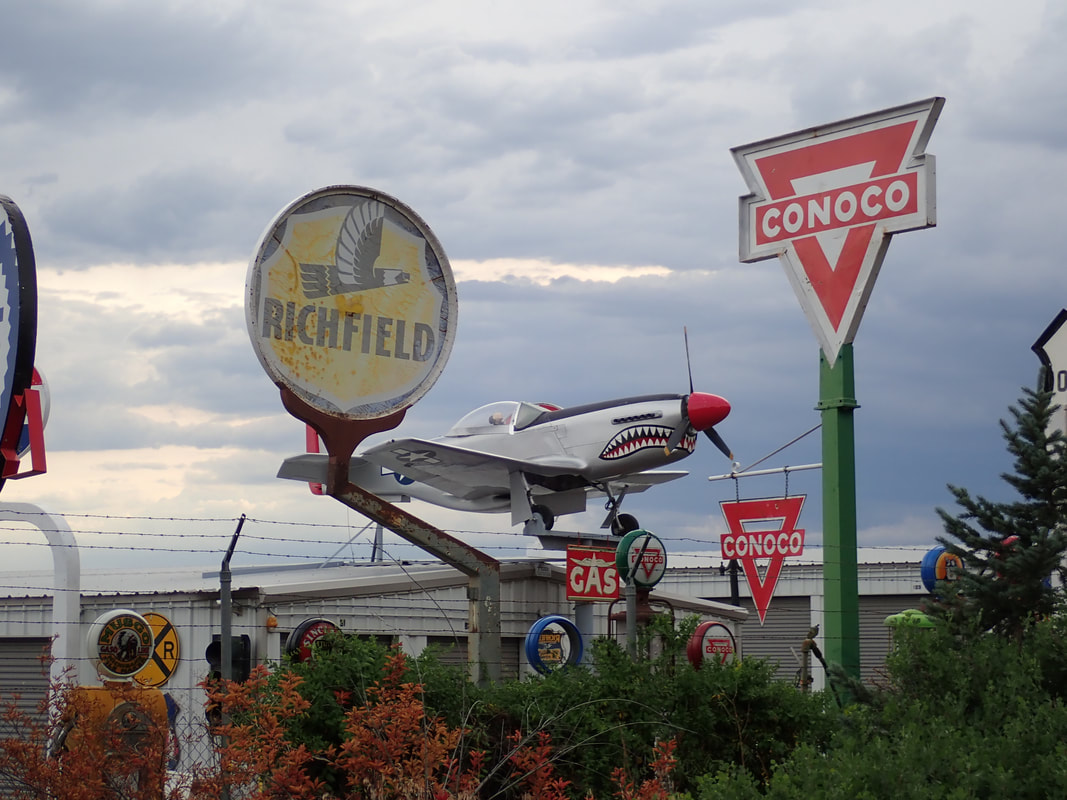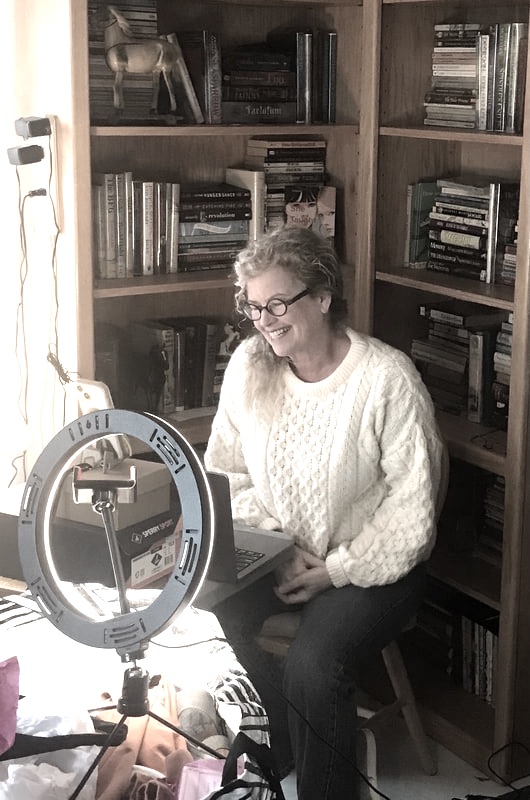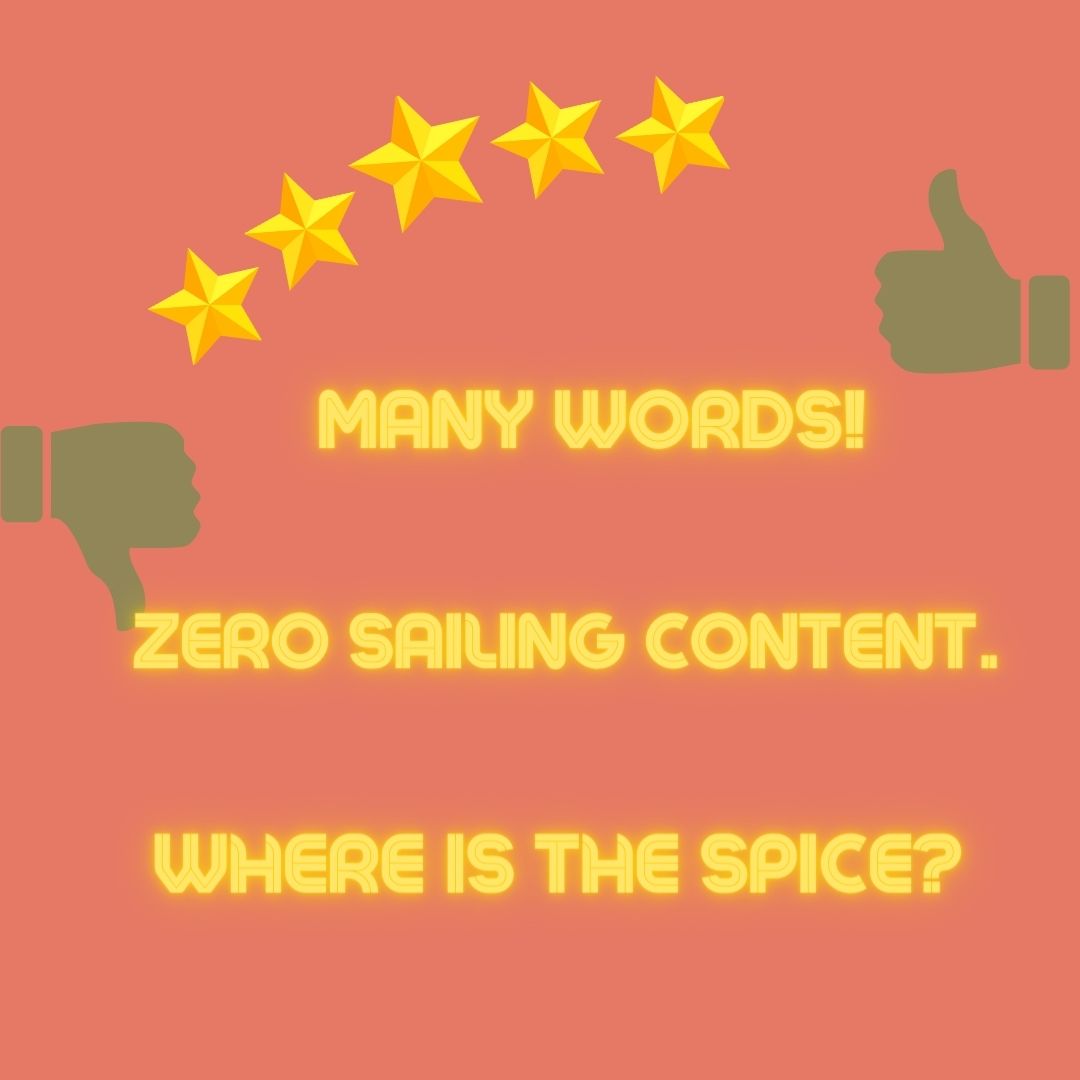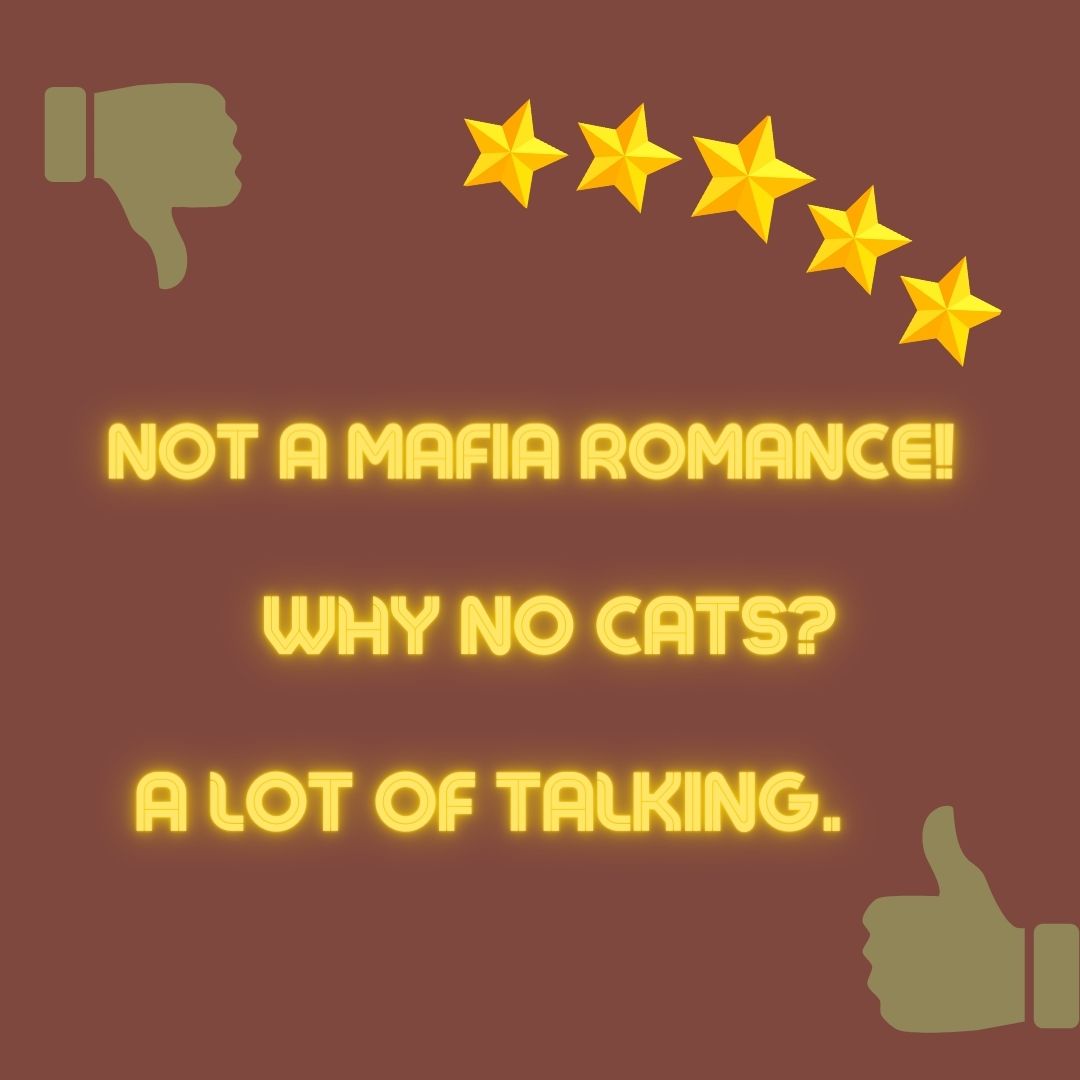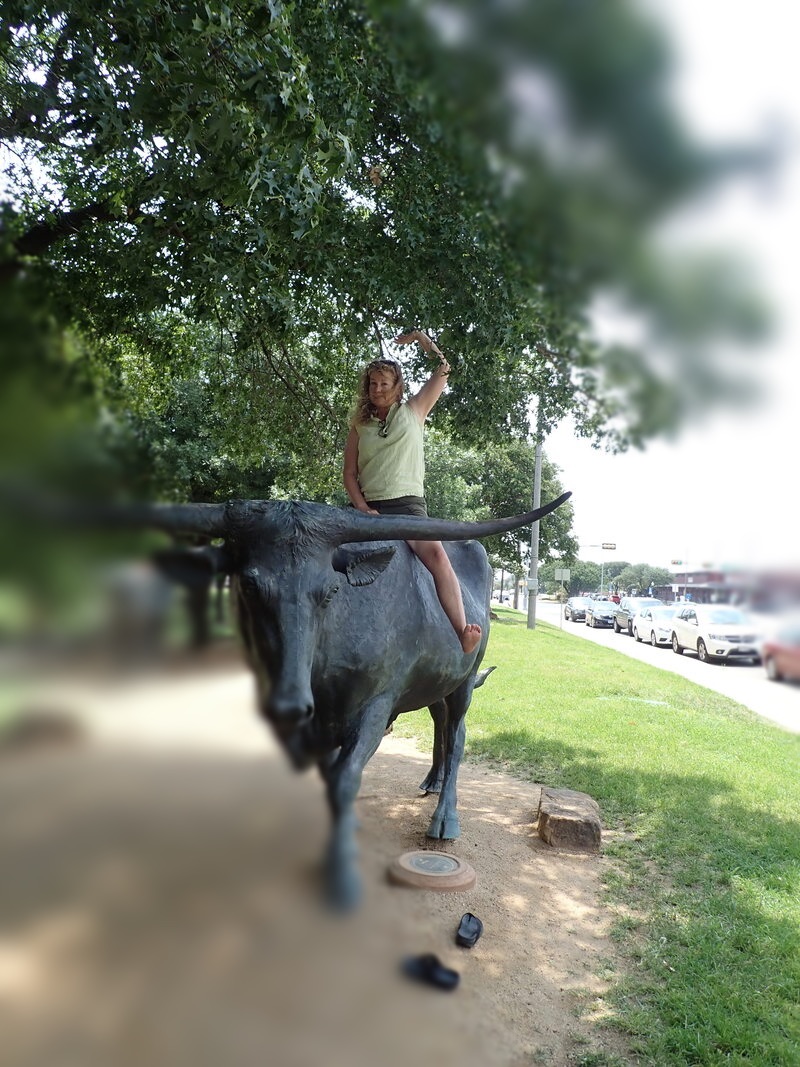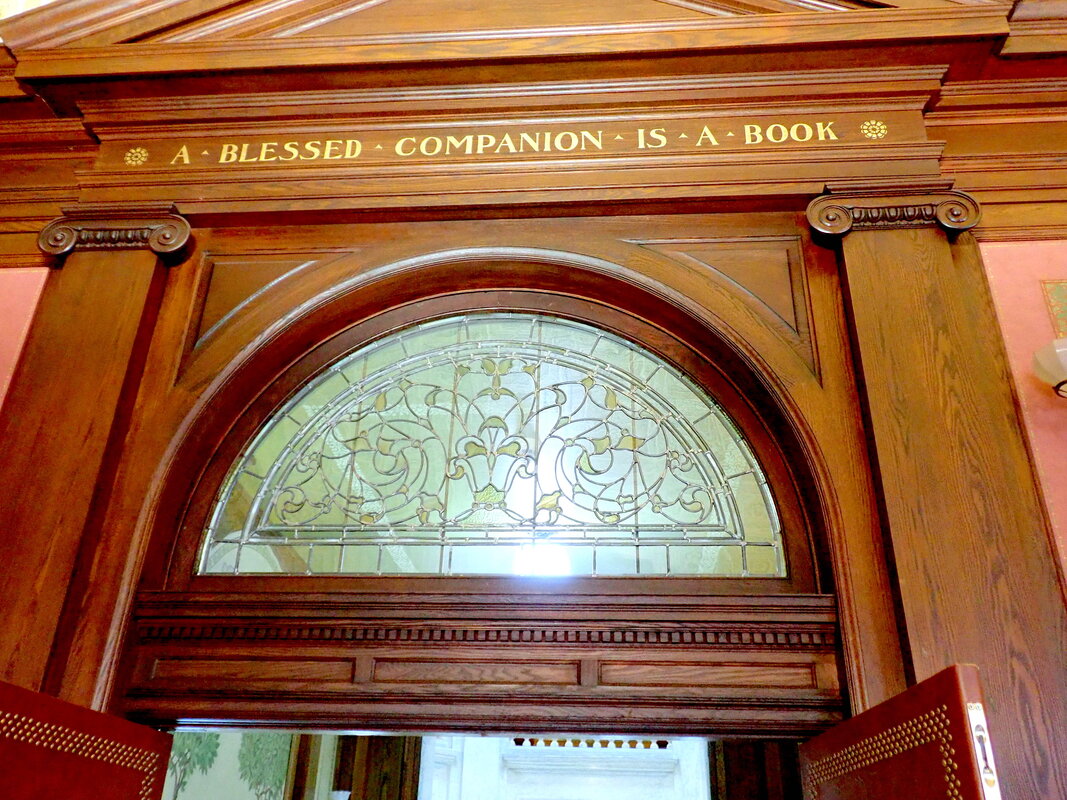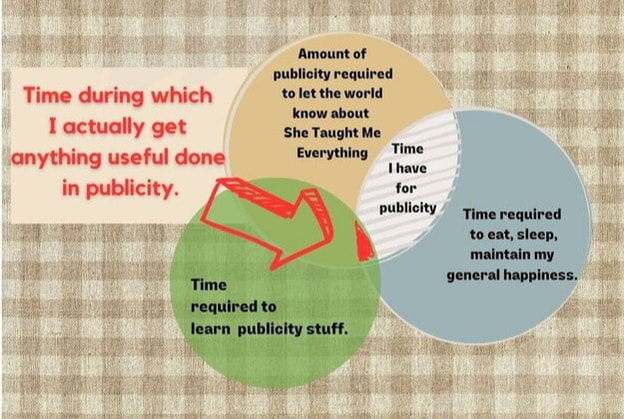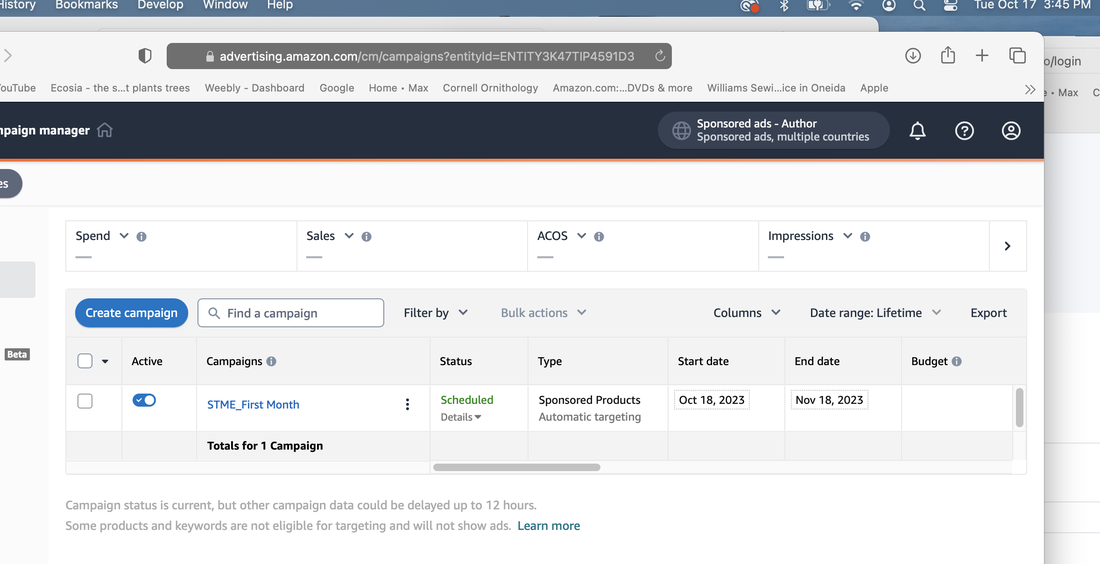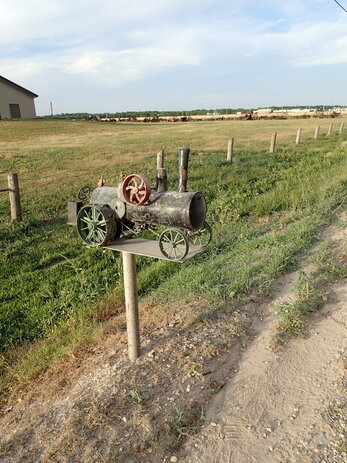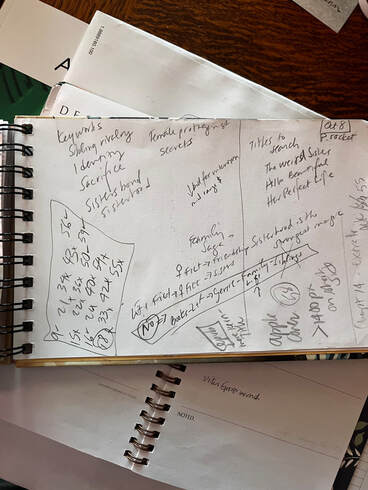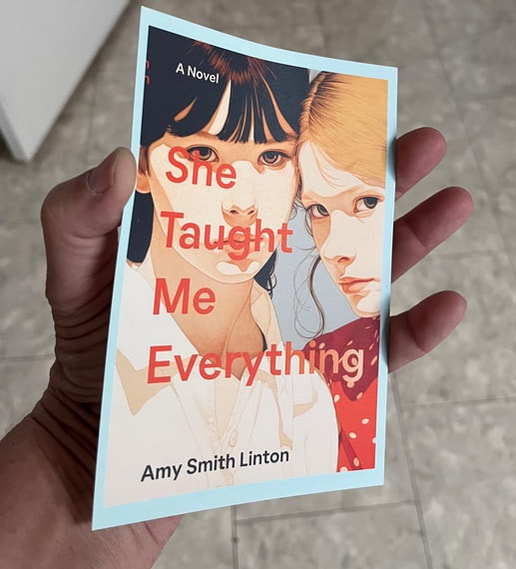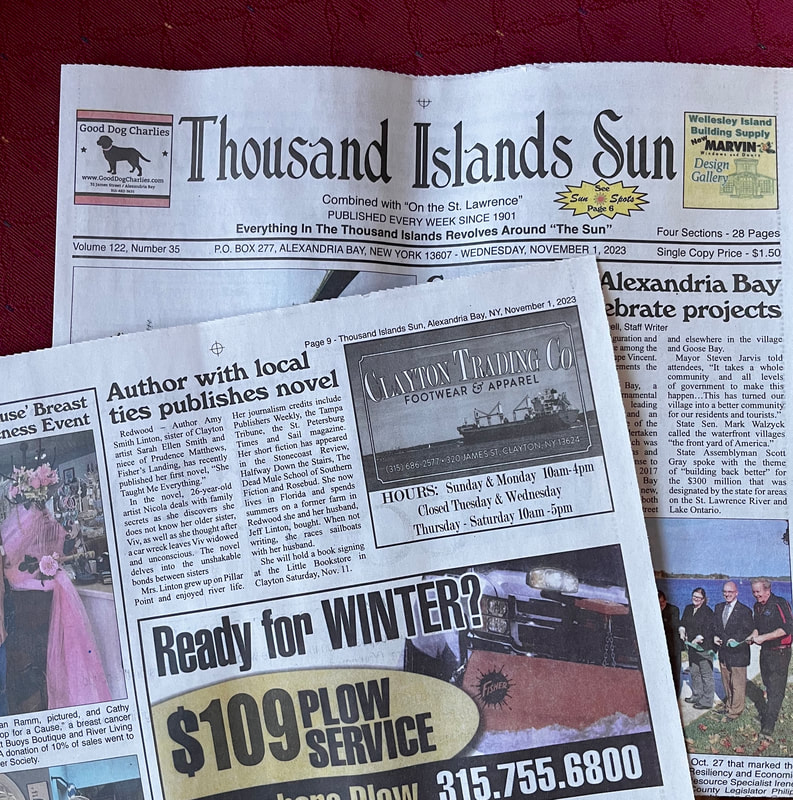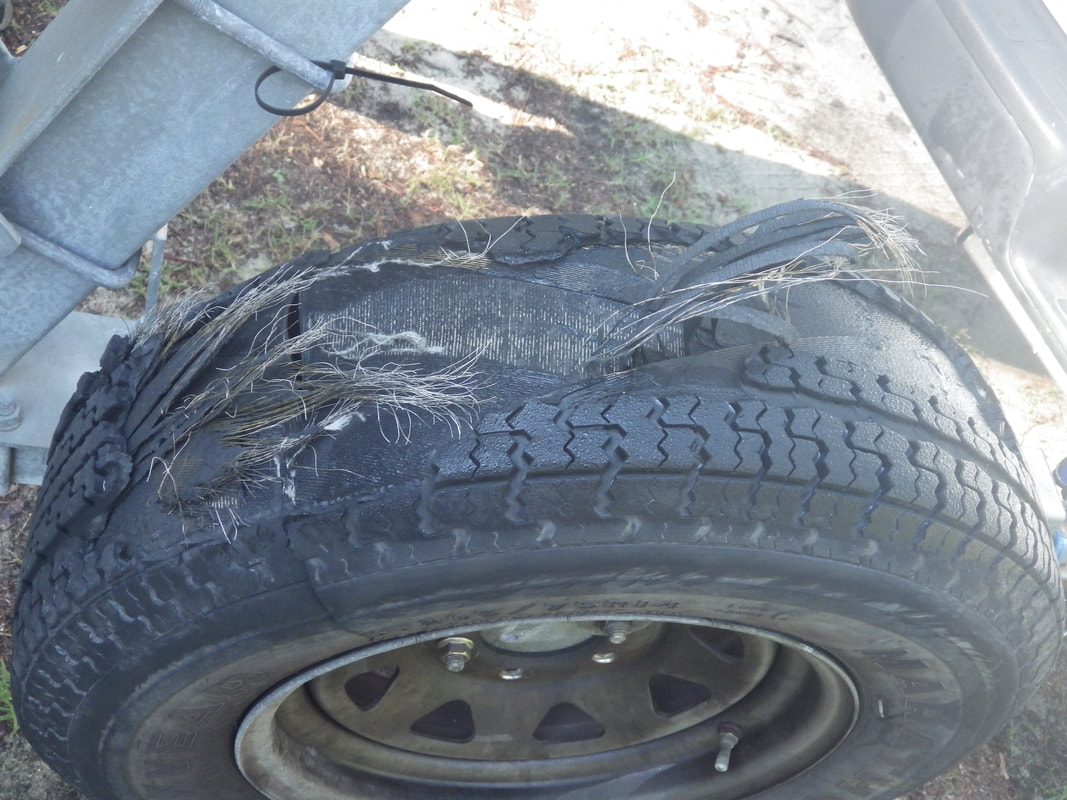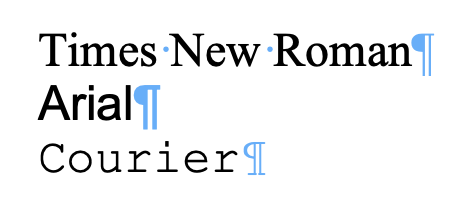|
I swear I was not lurking at the Barnes & Noble. I was there to take a photo of my novel in the wild. It's perhaps endlessly thrilling to see the thing you've worked on out there sitting on a library shelf, a bookshelf, someone's hands... But truly, I was NOT lurking. A pair of young women drifted past the table of stacked books, and one, Rachel, picked up my book. "Squeee! You just picked up my book!" I said. "Wha?" she said, not yet fully alarmed by my obvious excitement. "Look on the back!" She flipped the book over and compared the author photo with my face. "It's you," she said. "I know!" I said, then, because emotions: "I've got goosebumps!" "I picked it up because of the cover." "It's beautiful," I agreed, without the slightest self-consciousness. "And it's about sisters!" Were they sisters, I asked, indicating Rachel and her book-browsing friend. "No. But we both have sisters." Rachel gave me a shrewd look and added, "Is this inspired by a real sister?" "Yes," I said, truthfully. "But my charismatic older sister is much nicer than that one." "Oooh," Rachel said. "I'm a charismatic older sister." And that, gentle reader, is how I accidentally strong-armed an unsuspecting passer-by into purchasing a copy, as well as how I ended up signing a short stack of books at the Barnes & Noble bookstore this afternoon. Thank you https://www.facebook.com/bntampafl Barnes & Noble South Tampa. And thank you, Rachel! In other authorial news, I was invited to map the settings for She Taught Me Everything into a nifty little app called Squirl. Squirl is designed to help users, as its tagline announces "Discover the places described in books." You can visualize where a book is set. So, is Brooklyn Heights your hometown? What snippet from the book did this author choose to go with the pin on the map for Brooklyn Heights?
You can check the map for books set in any given place—a special treat for bookish folk: to see the locations we've read about. Or, if you're built this way, it's a way to pre-view spots before visiting by finding books to read that are set in a specific spot. I love this idea, and hope other authors and their publicity departments will pile on! Thanks https://squirl.co/
4 Comments
"Mathy Math, Math-Math." That's how one of my friends hears any discussion of numbers: "Mathy-mathetty-math-math." But even the most innumerate of us have landmark numbers. These are the numbers that maybe we learned to count by (5-10-15-20, for instance) or numbers that just feel less challenging to keep in mind (100 vs 97, or a dozen vs 13). I'm approaching a landmark number as an author—a fact that is truly of interest to nobody but me. Has that yet stopped me from writing about anything? No. During my feverish rush last year to get current in my understanding of modern publishing, I gathered some depressing facts. About half of the US population does't read even a single book a year. Not a surprise, but oh! poor creatures! Also, most books will sell less than 300 copies in the US (1000 copies factoring in all formats across the world). Not just in the first year, btw, but ever. So if, let's say, you just so happened to be pouring your life-force into the creation of a book, this base truth is helpful for framing one's expectations. Joyfully for me, I have at least 300 friends kind enough to buy my book. I am grateful for each one. It's a deep thrill every time someone tells me they have read it. Which brings us to the wonderful-to-me landmark number: 1000. On Goodreads.com, a website helps 150 million readers track and rate books, She Taught Me Everything is inching closer and closer to the 1000 mark. Meaning that nearly 1000 readers on that site—mostly strangers! people who love to read and who judge by covers!—have either already read or plan to read the book. They might be getting it from the library (ooh! If you use the library, consider requesting STME), or from a bookstore, iTunes or Kobo, Barnes & Noble or Amazon... But 1000. Whatever expectations I had six months ago, this number feels a lot bigger than 999. A few sources on the numbers... bulletin.kenyon.edu/article/burning-question-math-illiteracy/ https://ideas.bkconnection.com/10-awful-truths-about-publishing#:~:text=Average%20book%20sales%20are%20shockingly%20small%E2%80%94and%20falling%20fast.&text=Even%20if%20e%2Dbook%20sales,all%20formats%20and%20all%20markets. https://www.publishersweekly.com/pw/by-topic/columns-and-blogs/soapbox/article/6153-a-bookselling-tail.html https://countercraft.substack.com/p/no-most-books-dont-sell-only-a-dozen https://jerichowriters.com/average-book-sales-figures/ Nearly everything gets a rating these days. Oh how I ache to work in a reference to the soccer fans' chant about Roy Kent! Consumer ratings are here, are there, are every-something-where for some really good reasons. It's hard to trust the internet. I know, reeeeeealy? Most of us wonder is it advertising, is it paid placement, or is it plain old fakery? One way around the uncertainty is to get word-of-mouth recommendations, yet in this marvelous part of the 21st C, that takes time. So we turn to the social part of media: we check who recommends any given item—and we look at customer feedback before plunking down our cash or time. How often has the phrase "worked great for about a week" convinced us to select some other Amazon gadget? Speaking of the 'Zon, shall we walk through how to do customer feedback on the world's largest retailer for a book? Start by finding the book listing on Amazon. Scroll down the page to "write a customer review." Pick a number of stars. Skip over the headline part for now. The feedback can feel hard. Stuck for words? Think about the Who, What, How, Why, of the story: Who did you like or dislike in the characters? (For Moby-Dick, "I liked Ahab, he was poetic and strange.") What kind of story was it–sad, humorous, romantic, spicy––and did you enjoy that? ("The story was one long whale chase on the high seas. There was a lot of belly-aching, which I could do without, tbh.") How did the book unfold, how was it told, how did it make you feel? ("Moby-Dick has beautiful descriptions of a lost way of life, which I really appreciated. The obsessive captain was so emotional I was kind of tired just reading it.") and Why or not you recommend. ("This book is a classic, and it's hard to read, but in the end I felt like I really accomplished something.") If you didn't finish the book, say why. ("My own white whale showed up.") The only do-not? Don't mention or imply a connection to the author. Amazon doesn't want someone's mom stuffing the ballot box... Finally, send a flare up for readers who might like the product. ("This is good for fans of seafaring adventures or anyone working on their vocab.") Then go back to pick a headline ("Vocab on the high seas") Press the "submit" button and voilá! you have provided insight for readers, writers, and publishers. You rule. Pro tip: you don't need to buy the book from Amazon to share your opinion about it. Yep. You can go in and share your opinion regardless.
Same with other retailers like KOBO and Barnes & Noble... those links can be seen here, btw. www.amysmithlinton.com/get-a-book.html Even if you didn't enjoy it at all, don't be shy. It's helpful for other readers to know that someone else has given the book a try and has had an honest reaction. Cheers! One of the funny things about publishing is that nearly everyone involved—from writers themselves, to editors, sales people, service providers, web designers, readers—has an interest in words. (I promise you, this statement is not reductive.) For example, I use an internet service that helps me keep track of where and when I send stories into the world. The service, duotrope.com, also tells me about sketchy markets to avoid, contests that might appeal to me, and publications that might match my story. It's a nifty tool, especially if you are submitting a lot of stories to a lot of publications. But to my wordy point: let me share this little gem from Duotrope: This is a partial screen grab from a story submitted somewhere in 2020, and which I just recently updated as "Never Responded." This is a LOT less uncommon than you'd think. A roaming black hole in the publishing universe swallows many a hope, dream, and story.
But note, if you will, how the designer of the page labels that date when I say the publication "Never Responded." It's not the date Accepted or Rejected. It's the Capitulation date. I have capitulated, which means "to cease resisting" or "to give in." Someone behind the scenes at Duotrope is absolutely slaying it. Modern book clubs are a wonderful worldwide phenomenon: a social occasion to maybe enjoy a bit of food and beverage for the purpose —ostensibly—of discussing a book. Clubs vary widely: some are focused on the wine and the company. Others look into the origin of the book or what affect the book has had on our world. Still others are all about the feels. So when I was invited to attend my first book club as an author, I wasn't sure how it would be: would I get a grilling for my choices of plot or writing style? What if they hated it? What would readers want to know? And what did I want to tell them? As it turns out, so far, I am most moved to say "Thank you!" It continues to surprise me how wonderful it feels to have someone else read the words I typed out. To have people commit to the time (let alone money) is an honor. Here's my giddy reaction video after the first club meeting, which I did via phone: I've got another four club appearances lined up (half in person, half by phone), in the next couple of weeks and I can't express how lucky I feel.
Got a book club? If She Taught Me Everything might be a good fit for your group, I'll come by and chat! I've even got discussion questions... According to the inter webs, one predictor of a book's success is the NUMBER of reviews it gets. High ratings are great, of course, but the odd 1- or 2-star review can actually be helpful in showing potential readers whether the book will be a good fit. My readers have been remarkably generous, awarding stars and giving thumbs up (it's a whole other blog post on how a single "This was helpful" click works. Whoa!), and jotting down kind things about the book. I am psyched to see reviews coming in, but honestly, I almost don't look at them myself. First, I have a generous dollop of self-confidence already––without any real external encouragement. (And I'm reluctant to burst that bubble on purpose.) Second, as I was reminded recently, reviews are for READERS.
So let me toss it out there: You don't need to write a review for me, but DO, please, jot a note on Goodreads, or Amazon, B&N, iTunes, Nook, or the bathroom wall. Say what you liked or didn't, say whether it's your usual cup of tea, but say. Your reaction and your opinion are in truth that rare gift that keeps on giving... I wasn't a theater kid. I DID play the vamp in my high school play –– let's go ahead and blame the hair for that one –– but I'm not usually one to muscle my way to center stage. As for my novel, it would be pretty to think a book will simply find its readers by the quality of existing –– like the movie starlet perched on a stool at a soda fountain. ...But the trick is that she must be SEEN perching. The Hollywood fantasy persists in our screen-heavy world long after soda fountains have faded into history. Hence my flurry of Instagram and TikTok activity. Since I don't have the budget of a big publishing firm, here I am, adding my voice to the democratic chorus of social media. One excellent piece of advice I heard was "don't be spammy." So instead of incessantly jabbering on about me-me-my-my book, I'm on one of those other topics I can piffle cheerfully: other books I think people will love. Shocking as it is to hear my own voice and get the visual (again, blame the hair), I'm embracing the experience. And from time to time channeling my inner Sophia Coppola... It's all an experiment, really.
My brains are not quite oozing out of my ears, but it could happen. At any moment.
Did you know that when you search for something online, those descriptive words (fast-acting, best, organic) have a price tag?
It should not come as a surprise. Ours is a world of fully-fledged capitalism. Naturally the very words we use are monetized. It might look like a library, but it's not. Marketing on Amazon, the world's largest bookseller, goes a bit like this: say I've written a romantic romp involving a pair of collegiate hockey players. I've done my homework and am a canny marketeer. I know there are readers for my book and I am pretty sure Amazon can locate them. Ads on Amazon are not like the "Plop-Plop, Fizz-Fizz" 30-second video clip we know from broadcast television, it's actually a quite brilliant and fully automated system. As a canny publisher, I've invested in Publisher Rocket, a software that helps me figure out what categories and keywords are likely to lead buyers to my product. I mean book. For this hockey romance, we're going to skip right to the part where we start an advertising campaign around keywords. One starts, naturally, with the phrase "hockey romance." Amazon might suggest that "hockey romance" is worth $1.87 per click. Which means that IF someone types in "hockey romance" AND clicks through to the longer description of the book, I'm out $1.87 WHETHER OR NOT they put the book into their cart.
Given that I stand to clear $3.45 per copy of the book, I might want to lower that amount, say, $.87 per click for "hockey romance." Of course, a lower bid means I might be outbid by other books with the same keyword, and my hockey romance book will slide lower on the page.
You places yer bets, you hedges yer bets, and then you waits to see what Fate (or the Almighty Algorithm) will reveal.
Carefully selecting 40 or 50 keywords for the campaign, go ahead and set a price on each word (in broad, close, and exact match categories. This is not a quick process for the faint of heart.).
Ideally, you pick a price that will outbid other vendors by a penny or two, to keep you near the top of the page without breaking the bank. You set a daily budget ($10/day is the recommended starting point), so after the clicks add up to $10, you're done. Sort of. Until the next day.
So much of the process is shrouded in secrecy, but it's freakin' brilliant: Amazon is a store where not only can you get everything, it's a store that charges for browsing. It doesn't charge the buyer, true, but someone has to pay. It's also a bit like a modern-day coal-mining company store: Who is tracking clicks? Who's writing paychecks? Who is setting the prices? Who is doing the accounting? All points awarded to the man in the brilliantly shrouded secrecy.
But convenient. And someone in France bought a copy of my book last month. How cool!
I got chatting with a lady in line at the grocery store (yes, that's me, randomly striking up a convo), and I whipped out a postcard of She Taught Me Everything (again, me with the marketing material to hand). She swished her phone and Poof! my novel downloaded to her Kindle.
What a world.
Nowadays, when looking for books online, I tend to mooch around in the stacks of Goodreads (owned by Amazon but not as monetized yet) or Libby/Overdrive. And now, if you'll excuse me, I'm about to dip a toe into the marketty world of TikTok... October finished up with me working the phone banks and hitting a few of my favorite bookstores. Publicity is always a challenge, never mind whether it's a busy newsday or a slow one. But here are a few mentions. Feel free to pop by and give them a thumbs up if you feel like it. It's kind of amazing how mashing that "like" button makes the almighty algorithms pay attention to a thing...It's Matrixy, but hello 21st Century capitalism --! Here' the book featured on a blog (oooh!)
https://proofpositive.com/great-books/she-taught-me-everything/ And here's a quick interview with the author... https://digitalbooknook.com/2023/11/01/interview-with-amy-smith-linton-author-of-she-taught-me-everything/?fbclid=IwAR1zU-IgZzBToK-HuAuwejyn0k2iMLsRpudCltscY3GtRmLP01sJ6j9e72Q And, oy, even on Pinterest... https://www.pinterest.ca/pin/486318459776918697/ Scroll down to see tweets (or are they exes?) at https://twitter.com/BackyardBooks https://twitter.com/dgtservices/status/1719685939990343998/photo/1 I don't spend a lot of time perusing the good and not-good reviews on Amazon and Goodreads. It's not why I write. But again, it's a kindness to the book if you'd like to react to online reviews. https://www.goodreads.com/book/show/195660796-she-taught-me-everything https://www.amazon.com/She-Taught-Everything-Smith-Linton/dp/B0CJDJVWXK/ref=sr_1_1?crid=1X7NKI8CF1V9&keywords=she+taught+me+everything&qid=1698893395&sprefix=she+taught+me+everything%2Caps%2C156&sr=8-1 And ooh...world-famous in the vest-pocket world of the Would-Be Farm. "So, what was making you swear?" my sweet husband inquired. I gave him a level look and said, "Do you really want to hear about hard-returns, frame-anchors, or formatting?" After a considering pause,"No, not really. But did you prevail?" "Grrrrr." It seems so simple: convert my document to ePub, upload it, add the beautiful cover, and Bob's your not-so-creepy uncle, a book! My experience says electronic publishing is as varied and random as evolution. Like the creatures in WTF, Evolution, actually, all weird decorative feathers and hidden poison. But even with a colorful metaphor, there's no dressing it up: this part of publishing is dead boring and hard. Glued to my MacBook ("Getting tired, boss," it tells me, randomly requiring a hard boot in the morning), I've been rearranging punctuation marks. Here's the boulder I have been rolling uphill: there's an MS Word document that has to be opened in Pages, from which I can export an ePub file, which can be uploaded and then checked for (she giggles) accuracy. iBooks is pretty simple, aside from the random extra blank pages it likes to insert, all "Take that, lowly varlet!" Meanwhile, Kobo ONLY accepts three fonts. All others induce an episode of the vapors. Oh, Kobo. I have tendonitis because of you. Yet I persist in this wrestling match because KOBO includes Overdrive. Overdrive. Library users know: Overdrive is how you can read books on your Kindle, etc., FROM THE LIBRARY. Which means taxes have already paid for them. So that's me, less than a week from launch, helping stretch your tax dollar. |
Archives
July 2024
Categories
All
|
